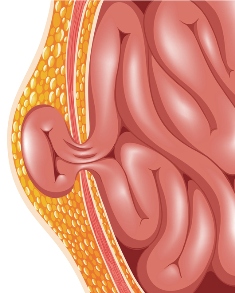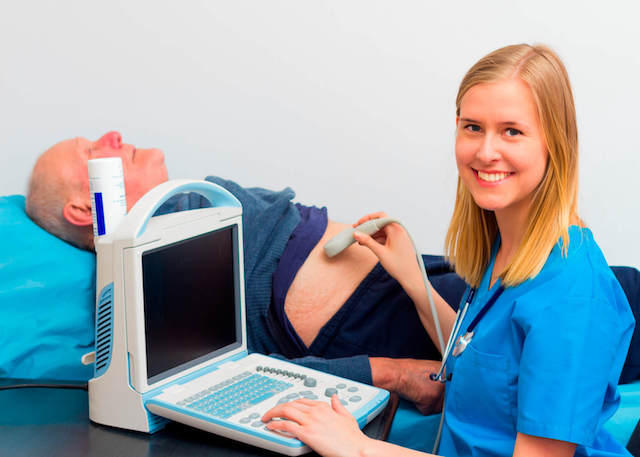Hiatal Hernia: Causes and Treatment
A hiatal hernia is when your stomach pokes up through your diaphragm and into your chest. Normally, your stomach rests below the diaphragm, but some conditions can cause it to slide up through the hiatus, or the hole that allows the esophagus through to the stomach.
Hiatal Hernia vs. Abdominal Wall Hernia
A hiatal hernia differs from an abdominal wall hernia in that it doesn’t involve the abdominal muscles at all. Instead, it involves the hiatus in the diaphragm, which is the section of muscle that you use to breathe. Abdominal wall hernias, on the other hand, occur when internal organs poke out through the muscles at the front of your abdomen, often at spots where there has been an injury or where the muscle wall is weak.
Causes
It is not entirely clear why hiatal hernias occur, though they are most common in individuals above the age of 50. There are some ideas on risk factors that could lead to this type of hernia. These include:
- Placing excess pressure on the diaphragm, such as by frequent coughing, vomiting, or heavy lifting
- Injuries that weaken the diaphragm muscle tissue
- Birth defects—some are born with a large hiatus, making this type of hernia much more likely
Other risk factors include smoking, obesity, and old age, which can all contribute to the development of a hiatal hernia over time.
Treatments
In many cases, a hiatal hernia is quite harmless, and thus doesn’t require treatment—in many cases, you might not even notice it at all. However, sometimes it can lead to chest pain, acid reflux, or trouble swallowing. If this is the case, some treatments you might consider include:
- Changes in diet or lifestyle to limit acid reflux
- Medications that reduce stomach acid production
- Laparoscopic hiatal hernia repair surgery, which uses small incisions and a tube-like instrument (called a laparoscope) to repair the tissue around the hiatus and return everything to normal
If you have experienced symptoms which could indicate a hiatal hernia, contact a reflux surgeon such as Dr. Malladi to determine the best treatment for your situation.







